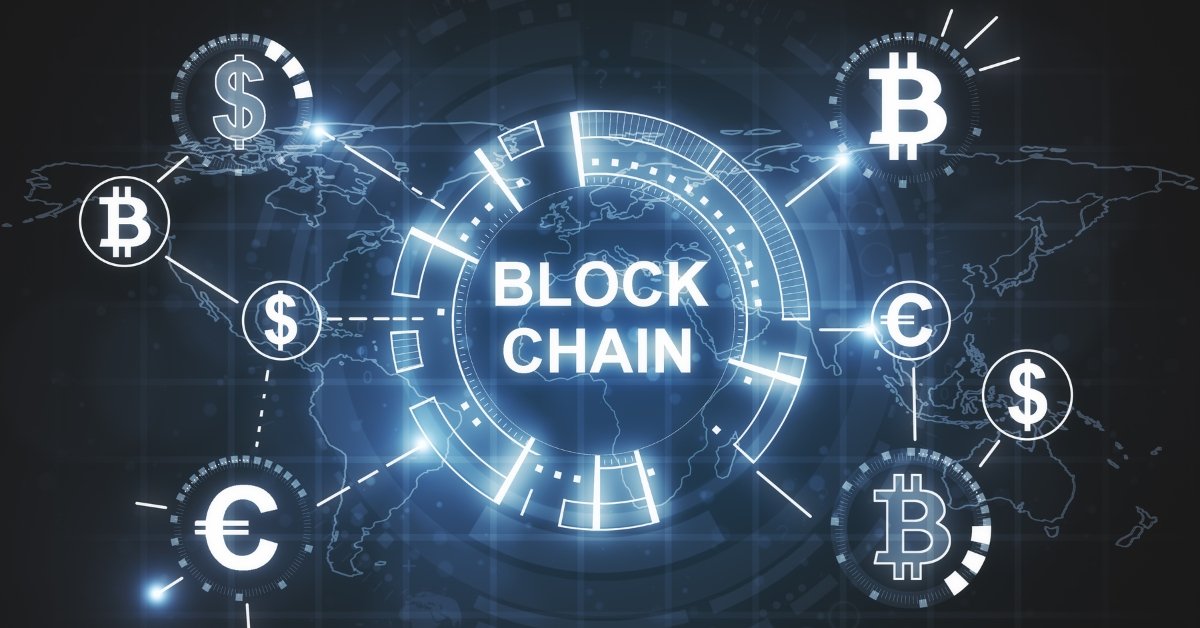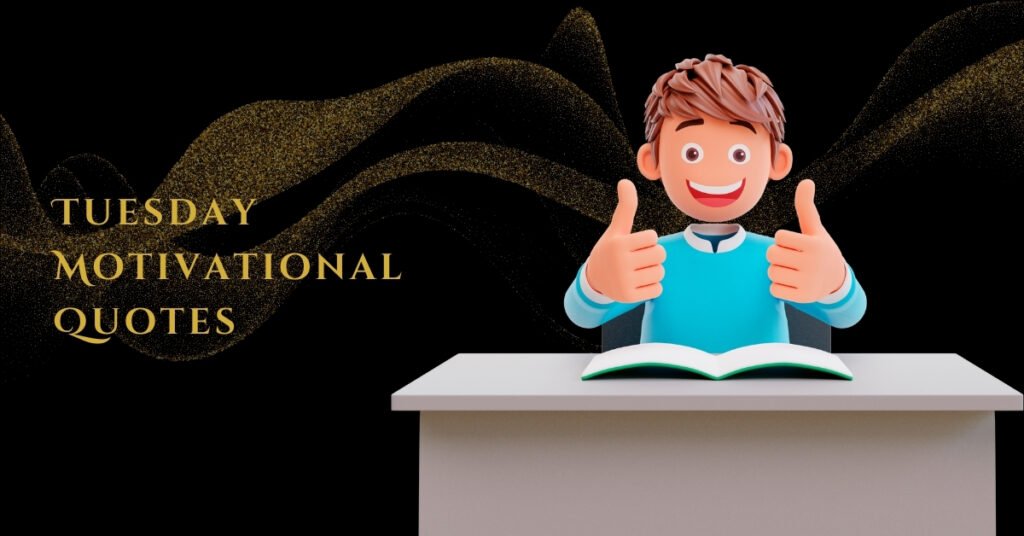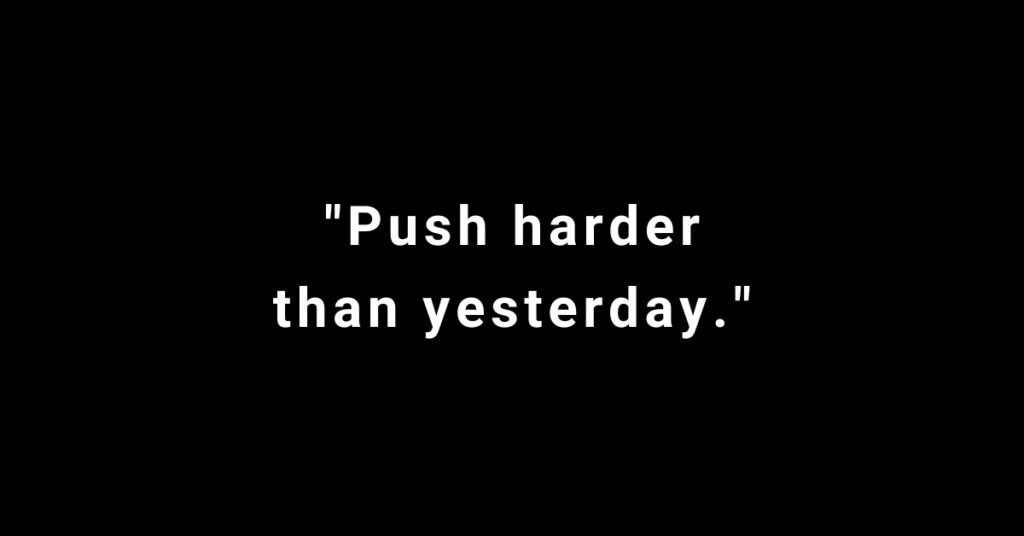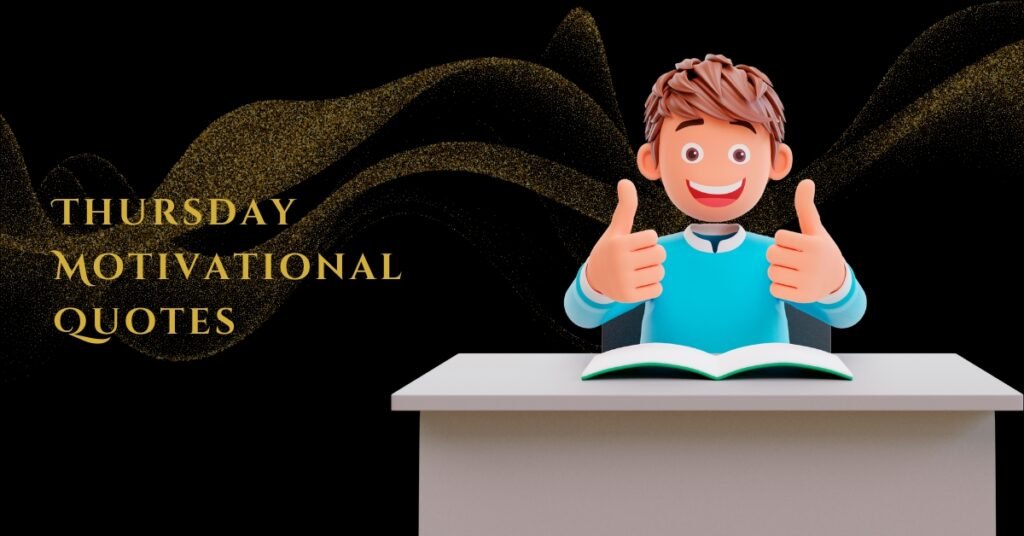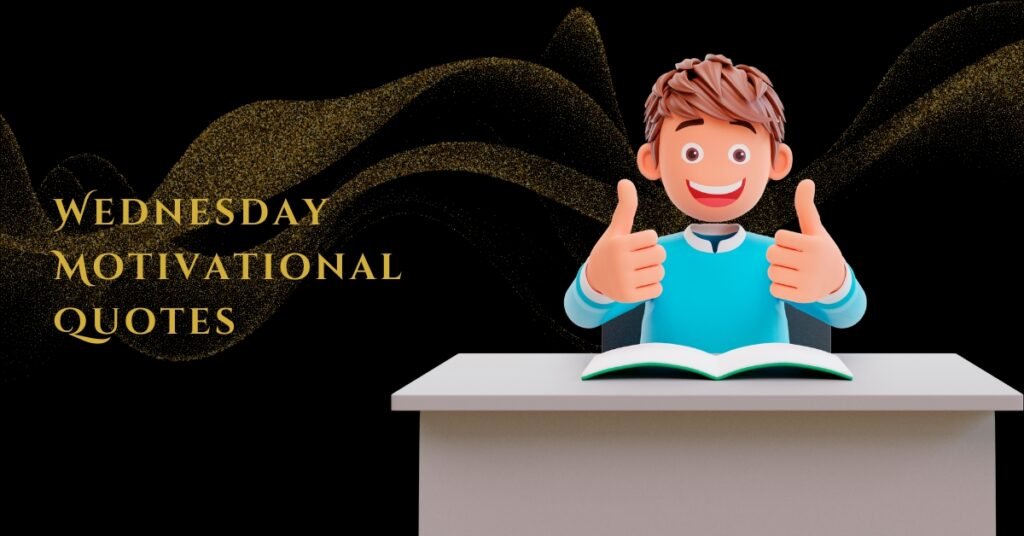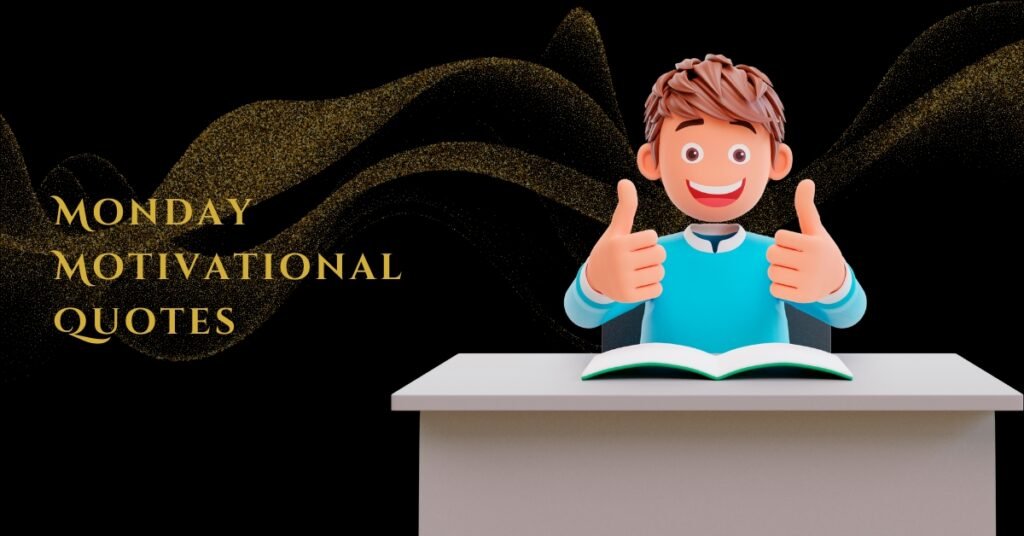Learn how blockchain is changing global trade and supply chains with transparency and efficiency—a simple guide to the tech shaping our world.
Table of Contents
Staying ahead means adopting innovative technologies in the fast-paced global trade and supply chains.
One such groundbreaking technology is blockchain.
Think of it as the digital equivalent of a trustworthy partner who ensures that every deal, delivery, and document is handled with utmost integrity.
Blockchain is known primarily for its role in cryptocurrency, changing how goods move globally.
From enhancing transparency to eliminating fraud, it is transforming the backbone of international trade—and it is a story worth exploring.
Let us explore this in more detail.
What is Blockchain?
Imagine a ledger, but instead of being tucked away in a single office, it is spread worldwide, visible, and accessible to all involved.
Blockchain is a decentralized technology, like a digital ledger, that records transactions across multiple computers.
Once recorded, these transactions cannot be altered, ensuring transparency and trust.
With its robust security and reliability, blockchain has become the perfect tool for industries that thrive on accurate data, like trade and logistics.
Challenges in Global Trade and Supply Chains
Global trade is more seamless than it might seem.
Behind every product on a shelf or item in your online cart lies a tangled web of suppliers, manufacturers, transporters, and retailers.
Traditional supply chain systems often struggle with problems like:
- Lack of Transparency: Have you ever wondered where your coffee beans come from or how your smartphone components are sourced? In traditional systems, data silos and manual processes create blind spots.
- Counterfeit Products: Fake goods sneak into supply chains, costing the global economy billions and undermining consumer trust.
- Inefficiency: Picture stacks of paperwork and numerous intermediaries slowing shipments and driving up costs.
- Fraud and Corruption: Unethical practices can flourish without proper checks, damaging reputations and bottom lines.
How Blockchain Transforms Global Trade
Here is where blockchain steps in, like a superhero for supply chains.
Let us delve into how it is rewriting the rules of global trade.
Enhanced Transparency and Traceability
Blockchain does not just store data; it tells the story of where a product was made, who handled it, and how it reached its destination.
This level of traceability is a game-changer.
Companies can verify the authenticity of goods, ensuring customers get exactly what they paid.
Take Walmart, for instance.
Using blockchain, the retail giant can track the source of its product within seconds.
This means that if an issue arises, like contamination, they can act swiftly, protecting customers and minimizing waste.
Blockchain also empowers consumers to make informed choices.
Imagine scanning a QR code on your coffee bag and instantly learning about the farm, the farmer, and the ethical practices behind your morning brew.
This transparency builds trust and fosters brand loyalty.
Improved Efficiency
Say goodbye to the mountains of paperwork and the endless back-and-forth with intermediaries.
Blockchain’s smart contracts—self-executing agreements encoded with specific rules—take care of that.
For example, Maersk, a leader in global shipping, uses blockchain to simplify shipping documentation.
The result? Fewer delays, streamlined operations, and millions saved.
However, efficiency continues beyond there.
Consider how blockchain could revolutionize trade financing.
Securing funds for large shipments traditionally involves cumbersome processes, but blockchain enables secure, instant transactions, freeing up capital and speeding up global commerce.
Fraud Prevention
Counterfeit goods and fraudulent activities plague many industries, but blockchain’s tamper-proof nature is changing the game.
Every transaction is recorded permanently, making it nearly impossible to forge or alter records.
Luxury brands like LVMH use blockchain to authenticate their products, ensuring customers receive genuine items every time.
The pharmaceutical industry is another example.
Counterfeit drugs are a serious global problem, but blockchain can verify the authenticity of medicines at every stage, ensuring patient safety and saving lives.
Sustainability
Today’s consumers are more conscious than ever about where their products come from and the environmental impact of their choices.
Blockchain provides the transparency needed to track and report sustainability efforts.
Businesses can showcase their ethical practices, meet regulations, and gain customer trust.
Take the fashion industry, for instance.
With blockchain, brands can trace materials from the cotton fields to the retail shelves, ensuring fair labor practices and eco-friendly processes.
This not only aligns with consumer values but also strengthens brand reputation.
A Real-Life Example
Let us paint a picture: In 2016, Barclays partnered with an Israeli startup to complete the world’s first blockchain-based trade finance transaction.
What typically took 7-10 days was accomplished in under four hours.
This is not just a one-off success story but a glimpse into a future where global trade moves at lightning speed.
Another fascinating example comes from IBM and TradeLens.
Their blockchain-powered platform connects multiple stakeholders in the shipping industry, from port operators to customs authorities.
This collaboration has reduced inefficiencies, cut costs, and improved visibility across the supply chain.
Conclusion
Blockchain is not just another tech buzzword; it is a revolution.
Blockchain is redefining global trade and supply chains by tackling age-old challenges like inefficiency and fraud while bringing transparency and sustainability to the forefront.
The journey has just begun, and the potential is limitless.
Are you curious about how blockchain could impact your daily life?
Are you interested in learning about other game-changing technologies?
Check out more articles on our website to explore these exciting advancements.
Let us embrace the future together!
